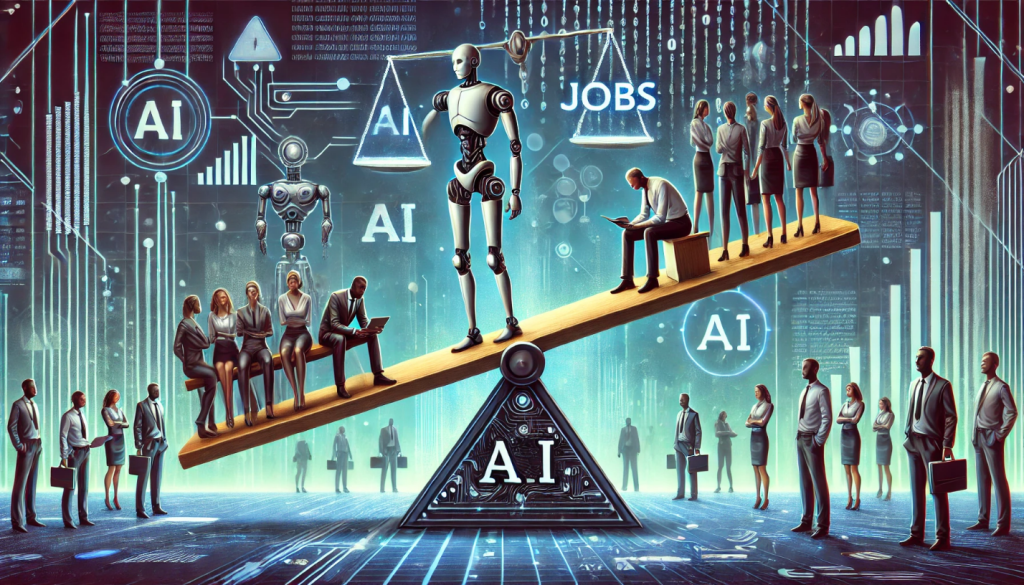A new AI startup called Mechanize is gaining attention for its goal of automating all jobs. This vision, which once seemed like science fiction, is now starting to feel closer to reality. At a recent event in San Francisco, Mechanize’s co-founder, Tamay Besiroglu, openly stated, “Our goal is to fully automate work.”
Unlike older AI systems that needed constant human help, Mechanize is working on models that can learn by trying tasks again and again. The company uses reinforcement learning, a method where AI receives rewards for correct actions and penalties for mistakes. It is similar to how a person might learn by trial and error.
To begin, Mechanize is focusing on software engineering. The AI is trained in a virtual setup that looks like a real workplace, complete with tools like email, Slack, coding apps and browsers. The AI must use these tools to complete tasks, just like a human would. If it does the job right, it gets a reward and tries harder next time.
But the company is not stopping there. It hopes to apply the same process to other white-collar fields. In the long term, Mechanize wants to see AI that can take over nearly every job that can be done on a computer. That includes tasks in finance, legal work, design, education, and more.
Mechanize’s founders come from a research background. They previously worked at Epoch AI, a firm that studies how capable AI models are becoming. Their new startup is small, with only five people, but it is backed by tech leaders like Stripe’s Patrick Collison and Google’s Jeff Dean.
Is Automating All Jobs a Future We Are Ready for?
The idea of automating all jobs is not new. Even economist John Maynard Keynes imagined a future where machines would do all the work, giving people more free time. But that future never arrived. Now, with AI models growing stronger, people are asking serious questions.
Some experts warn that even recent spikes in unemployment among college graduates might be linked to early use of AI in white-collar roles. While Mechanize talks about creating “radical abundance” and universal basic income, there is no clear plan yet for how society will support people who lose their jobs.
Mechanize may be open about what it is doing, but that does not mean it has all the answers. The company’s focus is clear: move fast and automate. But what comes after that? Who helps the workers adjust, learn new skills, or survive the shift?
Personally, I found Mechanize’s mission both fascinating and unsettling. On the one hand, the technology is remarkable. On the other hand, the human impact feels ignored. It makes me wonder, should the race to build machines that can do everything also include time to think about everyone left behind?
Also, see:
Selling or freelancing online? You’re now in the tax net under federal budget 2025-26
